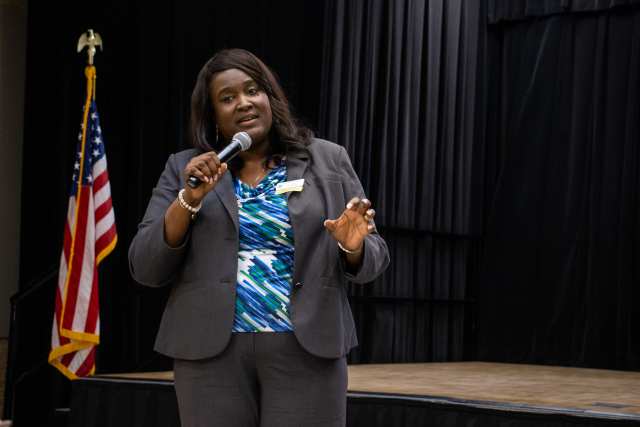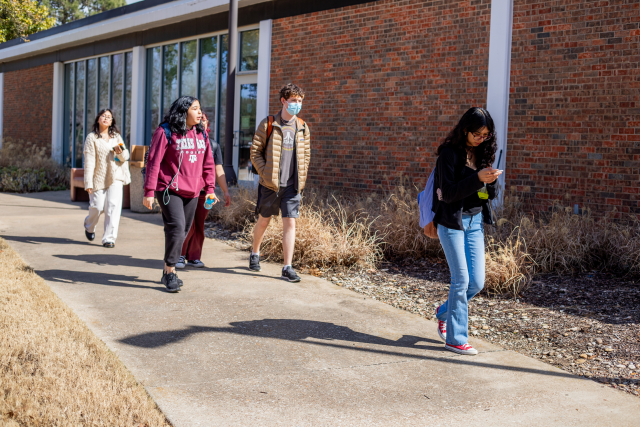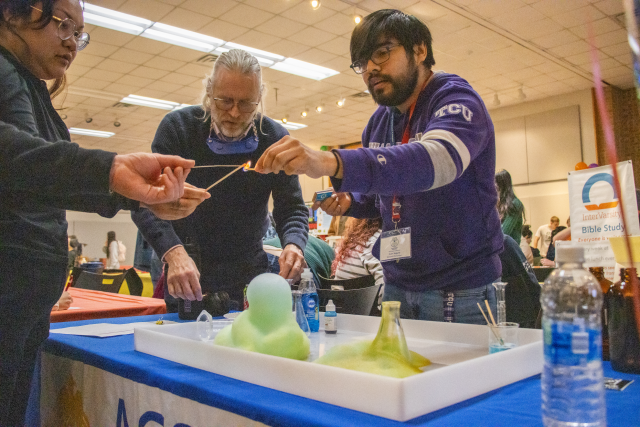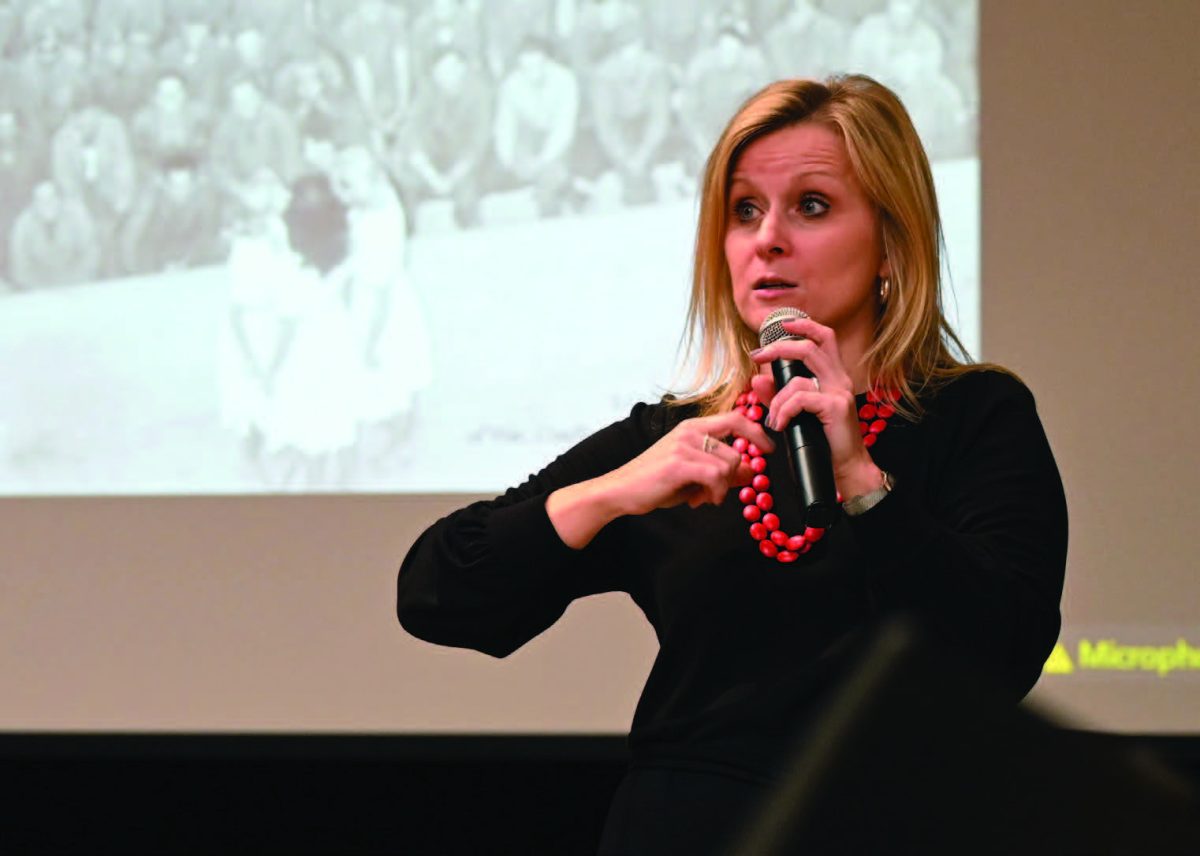FOUSIA ABDULLAHI
campus editor
fousia.abdullahi@my.tccd.edu
Students face different barriers. For some, it is work. For others, it’s family, their devices or study skills.
Every two weeks, a workshop called Get Back on Track and Finish the Race is held by speakers from different departments such as Student Success and Advising, Career Advising, the Transfer Center and others.
The next Get Back on Track events are on Thursday, February 8 at 6 p.m. on Monday, February 26 at noon in NBSS 1103 The Community Room, these events will be held until May.
Ronda Isaac, assistant director of student success and advising at the NE Campus, recalls being discouraged from attending college as a teenager.
“My high school guidance counselor actually said the words, ‘I just don’t think you’re college material. I would hate to see you do that to yourself,’” Isaac said. “But I knew that going to college was very important to my mom and dad.”
She went to college and went through periods when her GPA was on academic good standing. Other times, she fell short.
“I took a counseling class and my whole world changed because all of a sudden, I found my calling,” she said. “I had found what I was supposed to do, and the classes did not feel like studying anymore.”
During the presentation there were PowerPoints about academic success being a combination of goal setting, study technique and grit.
“One of the things that can help with being successful at TCC and any higher-level education program is a good grade point average, a good GPA,” said NE career adviser Russ Cave. “A semester GPA of at least 2.0 is equivalent to a 70.”
A handout provided at the workshop breaks down how to calculate a GPA.
“What kept me going on the times when I really wanted to give up was at both universities there was a teacher that made sure that they poured into me,” Isaac said. “And then [there were] the connections through the different social clubs.”
Another piece of advice is to find out which learning style works best. Students are taught the different ways to learn through a video as well as a writing exercise. There are visual, auditory and kinesthetic learners who learn by doing.
Another resource for students is the tutoring center, and learning labs for math, science writing and other subjects. These resources are available in-person and virtually using the learning commons in Canvas.
“All tutoring services are free as long as you are a student, and if you are a transfer student, the writing center can help you with your essay or academic resume,” said Alicia Thomas, NE coordinator I of the transfer center.
She also added that students need to know their prospective institution’s transfer requirements because some will not accept below a C grade.
Building relationships on campus is essential to success, and one of the most important is that of a student and adviser.
“All 50,000 students, will be assigned to an adviser and that adviser will be the person that they see on a regular basis,” Isaac said.
Each student has their own unique set of life circumstances. During career training for advisers and success coaches, Isaac likes to ask, “What does this particular student need at this particular time?”
One fear for students on academic probation or suspension is how their financial aid or grants will be affected. When a student who fails to maintain a cumulative GPA of 2.0 or higher students get on academic probation. A suspension happens when a student who fails to maintain a GPA of 2.0 or higher while on Academic Probation. Student may opt for Academic Recovery program or sit out one long semester (including summer). Students can fill out an appeal process to explain their circumstances.
“The financial aid office, working with our senior career advisers here in the advising office, will help that student create an academic success plan that goes over semester by semester exactly,” Isaac said.
Which comes with strict guidelines students must follow during the process.
“Remember that you do not have to know it all,” Isaac said. “It is not a sign of weakness to ask for help. It is a sign of strength to recognize, ‘I need help.’”



































